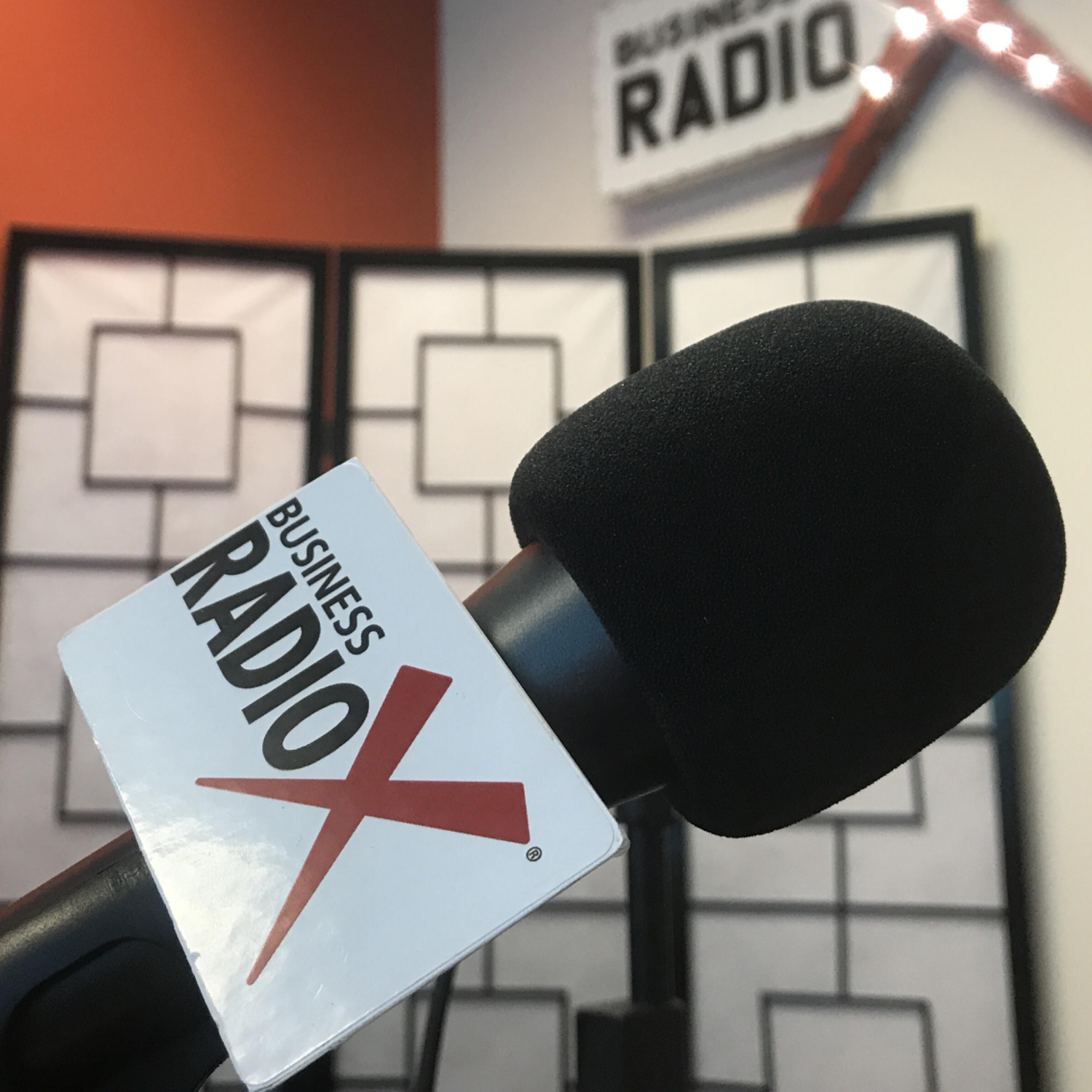
BRX Pro Tip: Trusted Advisor vs Friend
Stone Payton: And we’re back with Business RadioX Pro Tips. Lee Kantor, Stone Payton here with you. Lee, this pro tip is specifically designed to address challenges that I have in our profession, but I want to talk a little bit about striking that balance between being a really true, trusted advisor versus being a friend. You know, I’m a friendly guy, and I think maybe I fall into that trap from time to time.
Lee Kantor: Yeah, I think it’s really important for folks in business relationships if the objective ultimately is to, you know, do business with each other rather than, oh, this is a guy that I’m going to go fishing with, is to really kind of have hard lines of where the relationship from being a trusted advisor begins and where the friend ends.
Lee Kantor: So, when you’re having these kinds of peer-to-peer business relationships and you want to be seen as a trusted advisor, you can be friendly, but you have to be seen as some sort of an authority and expert, somebody who’s going to tell the truth, who’s going to give tough love. You have to have kind of a hard line of, this is what I do, and this is my recommendation.
Lee Kantor: And here are some ways that you can, you know, behave like a trusted advisor. Number one, you have to bring insight to the table. You have to share lessons learned. You have to share kind of market Intel that you’ve acquired from doing the work you do, and use that information to help that person make a better decision. So, insight is super important. You have to be seen as a trusted advisor.
Lee Kantor: Another thing is you have to challenge their assumptions. A lot of times, the client makes assumptions about certain things. And if you have the knowledge and especially the experience in an area, you can’t be afraid to challenge some of these assumptions. You know, obviously do it respectfully, but you have to kind of clap back a little bit and then challenge them. You can’t just go along if you think that they’re wrong or that’s old information. You have to be able to ask strategic questions, reframe how they’re viewing a problem or an opportunity, and kind of go layers deep. You can’t just, you know, nod your head and go along with something that you were not buying.
Lee Kantor: Another thing is you have to have the ability to kind of co-create next steps. You can’t just, again, nod with them. “Yeah, that sounds good.” You don’t want to be that guy. You want to be the person that is helping them get the outcome they desire. You can’t just go along with their plan if you don’t think that it’s going to help them get to where they want to go. You have to be able to kind of co-create or collaborate on some sort of improvements and commit to some outcome that is measurable, that you can say, yeah, that’s why we did this. This is what we’re trying to do.
Lee Kantor: And then lastly, you want to be able to follow through with purpose. You’ve got to be able to kind of, at each step, summarize the conversation, explain the value that’s being added or taken away, and then do what it takes to strengthen their business. That’s what you’re trying to do, is you’re trying to help them get the outcome they desire. But you’ve got to be the kind of the tough love person that’s telling the truth, that’s helping them get to where they want to go.
Lee Kantor: And again, sometimes that’s with what you’re selling and sometimes it’s not. But having these kinds of deeper, layered conversations will help you kind of keep this relationship peer to peer. But you are kind of positioning yourself as being deeply valuable, and it’s built on respect, relevance, and results.

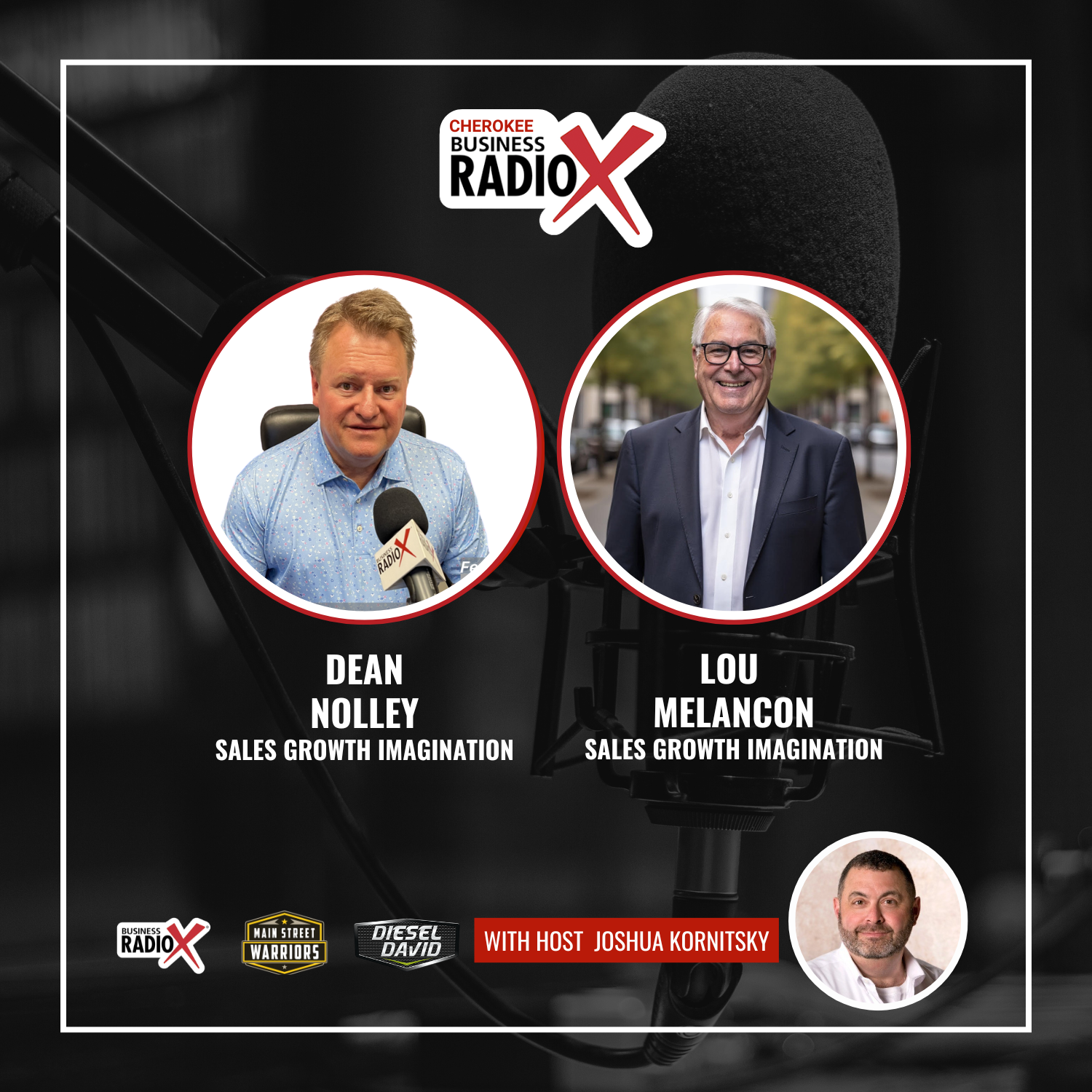
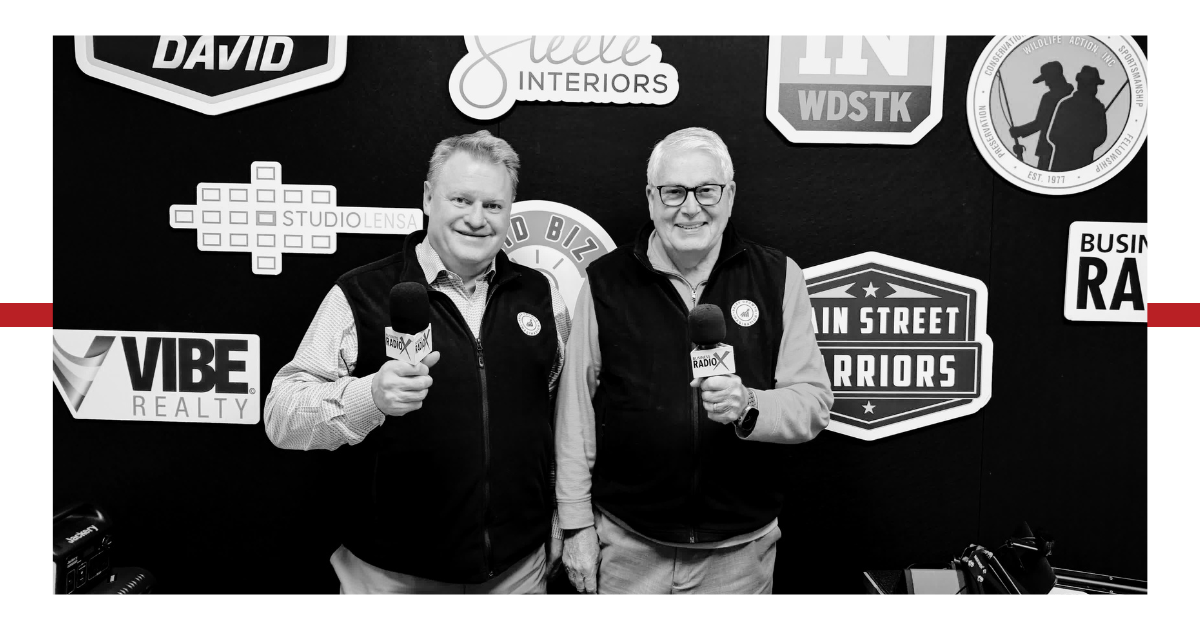

 Dean Nolley, Founder of
Dean Nolley, Founder of  Lou Melancon is a Sales Leader, Individual Contributor, Sales and Product trainer for 50 plus years. After a short retirement he decided to share with others what he has learned through years of successful selling and coaching.
Lou Melancon is a Sales Leader, Individual Contributor, Sales and Product trainer for 50 plus years. After a short retirement he decided to share with others what he has learned through years of successful selling and coaching.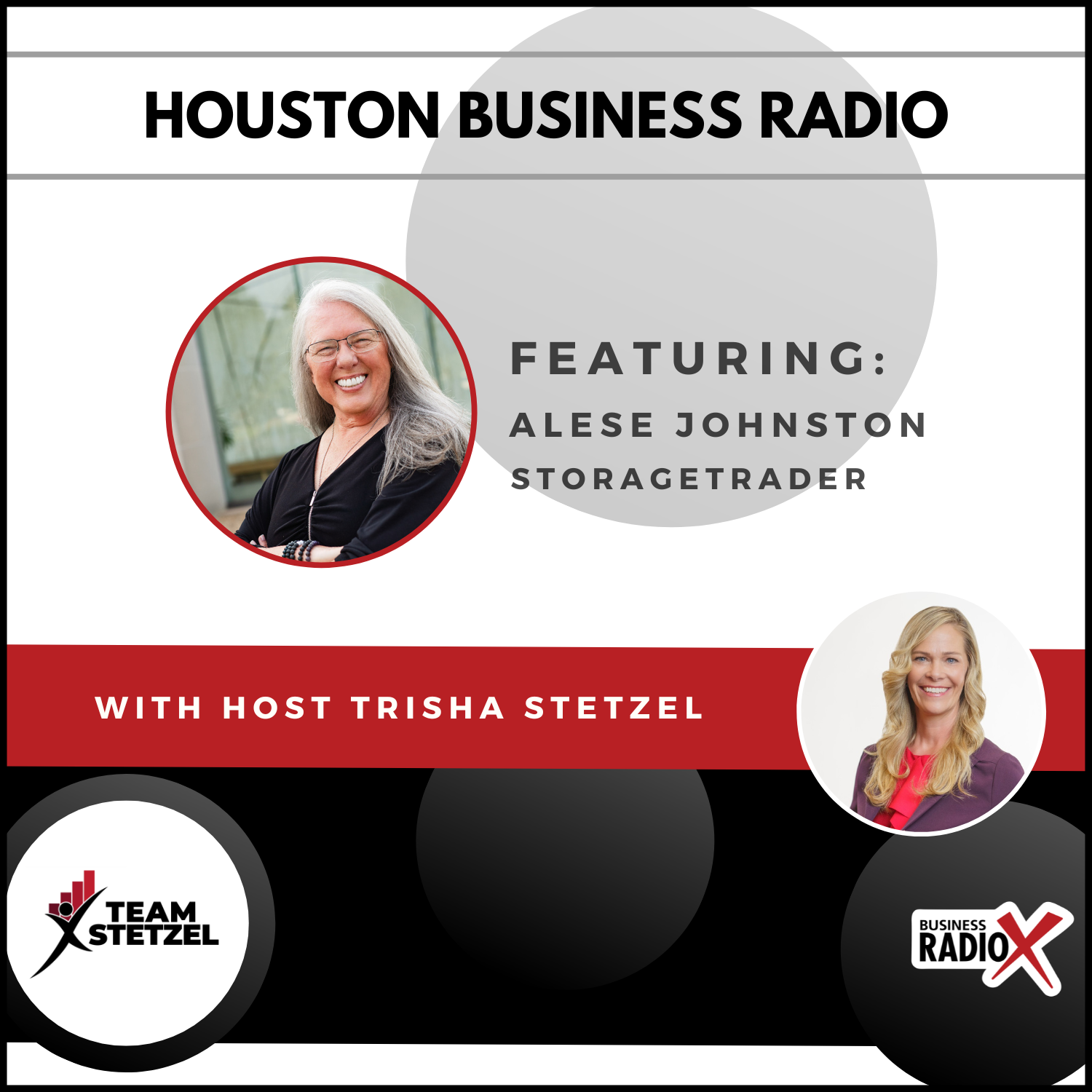
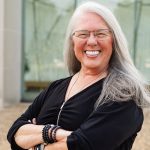 Alese Johnston is a visionary entrepreneur, investor, and speaker redefining what it means to age with vitality and purpose.
Alese Johnston is a visionary entrepreneur, investor, and speaker redefining what it means to age with vitality and purpose.
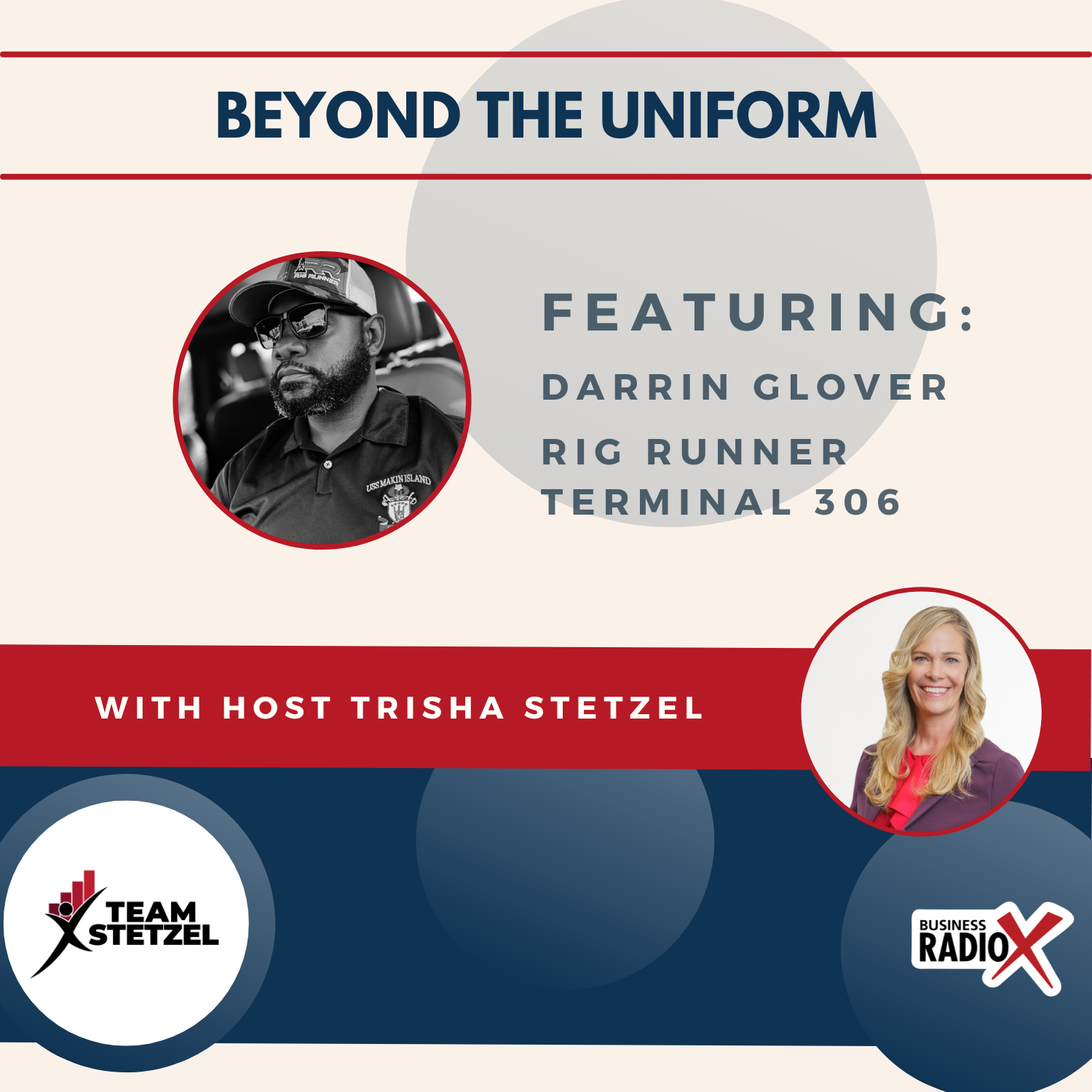
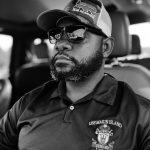 Darrin Glover is a seasoned human resources executive and U.S. Navy veteran with over 20 years of experience leading personnel, building systems, and driving organizational success.
Darrin Glover is a seasoned human resources executive and U.S. Navy veteran with over 20 years of experience leading personnel, building systems, and driving organizational success.
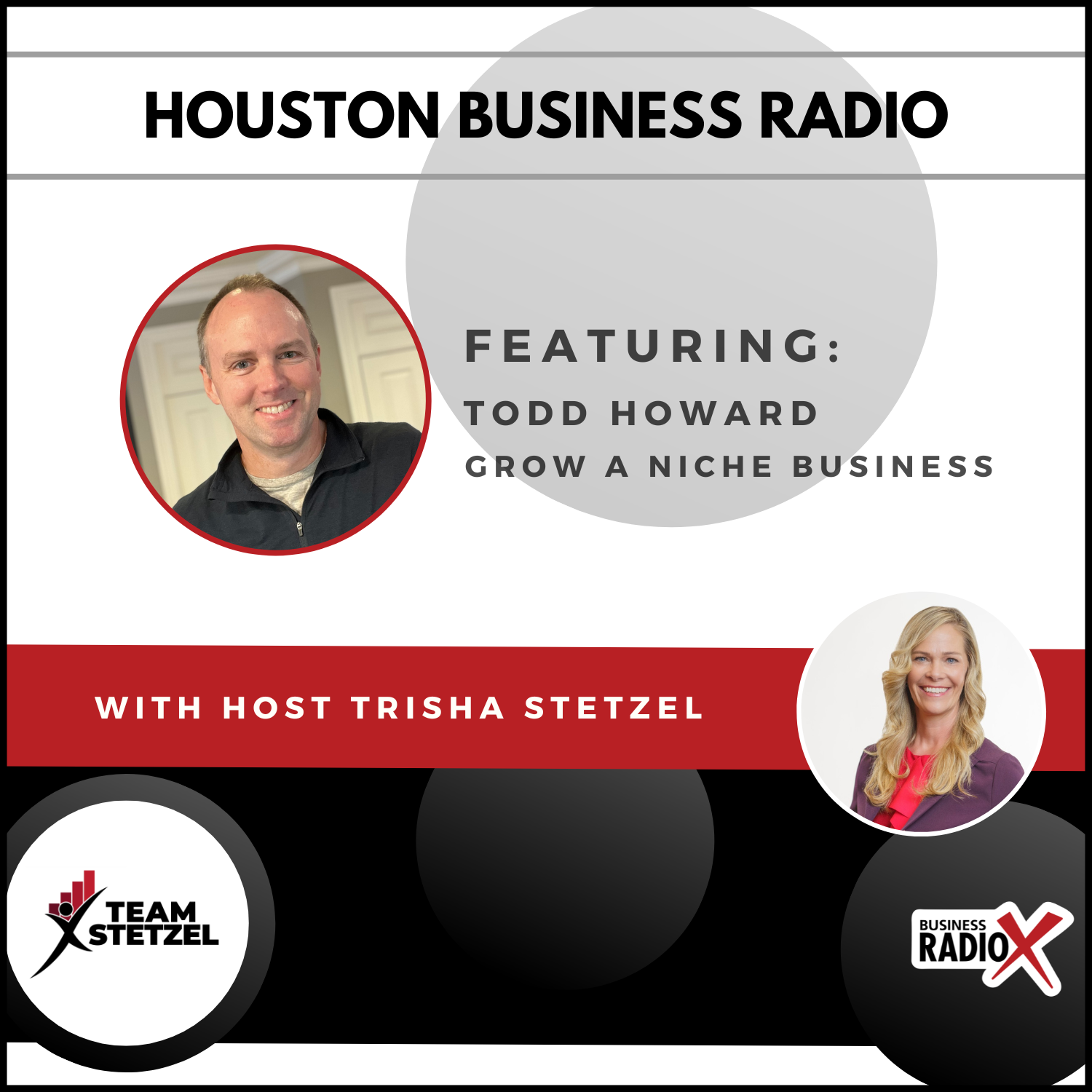
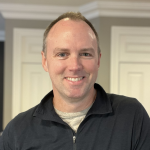 Todd Howard, founder of Grow A Niche Business, is a seasoned product strategist and go-to-market expert with over 25 years of experience.
Todd Howard, founder of Grow A Niche Business, is a seasoned product strategist and go-to-market expert with over 25 years of experience.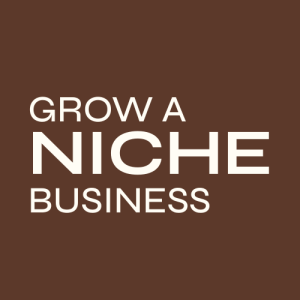
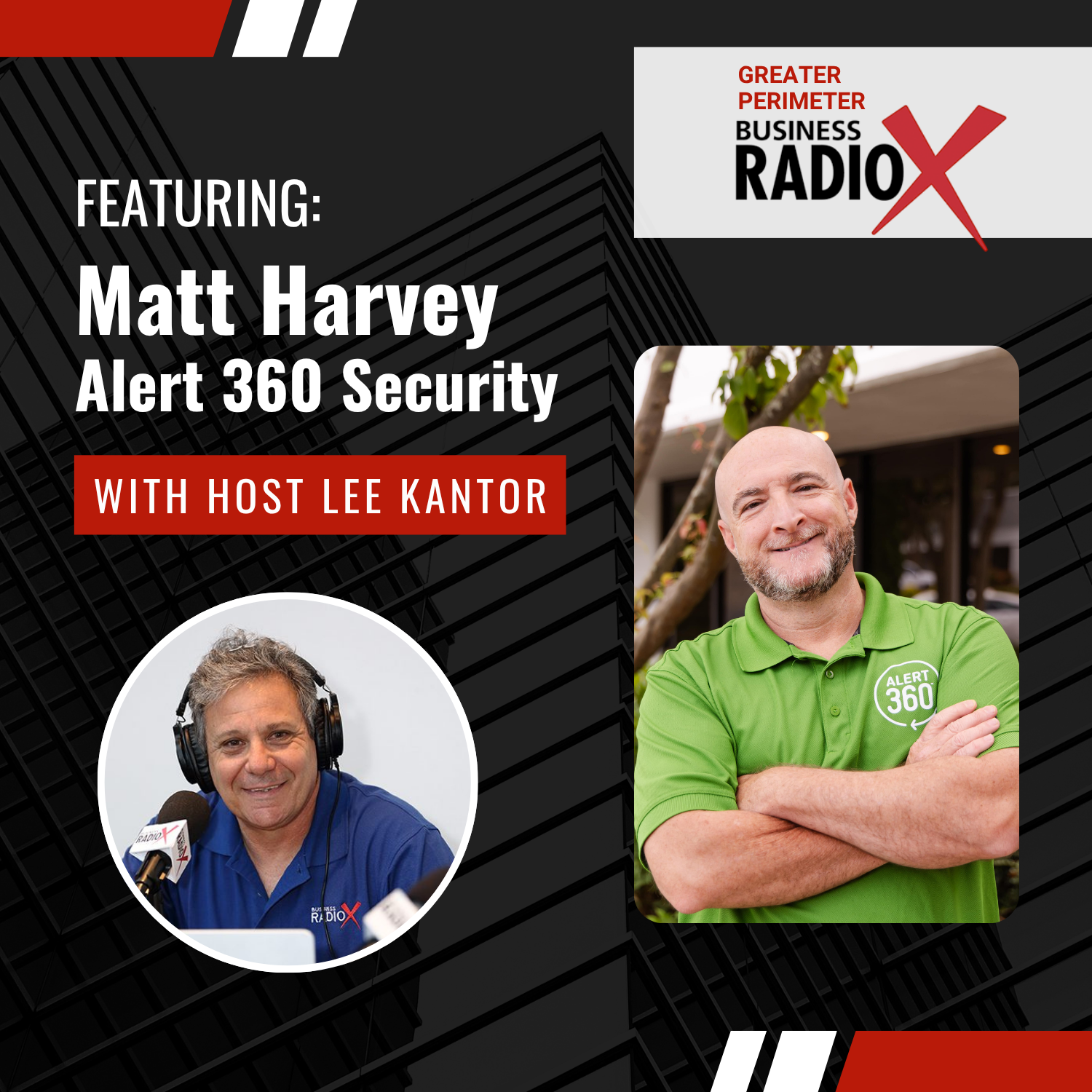
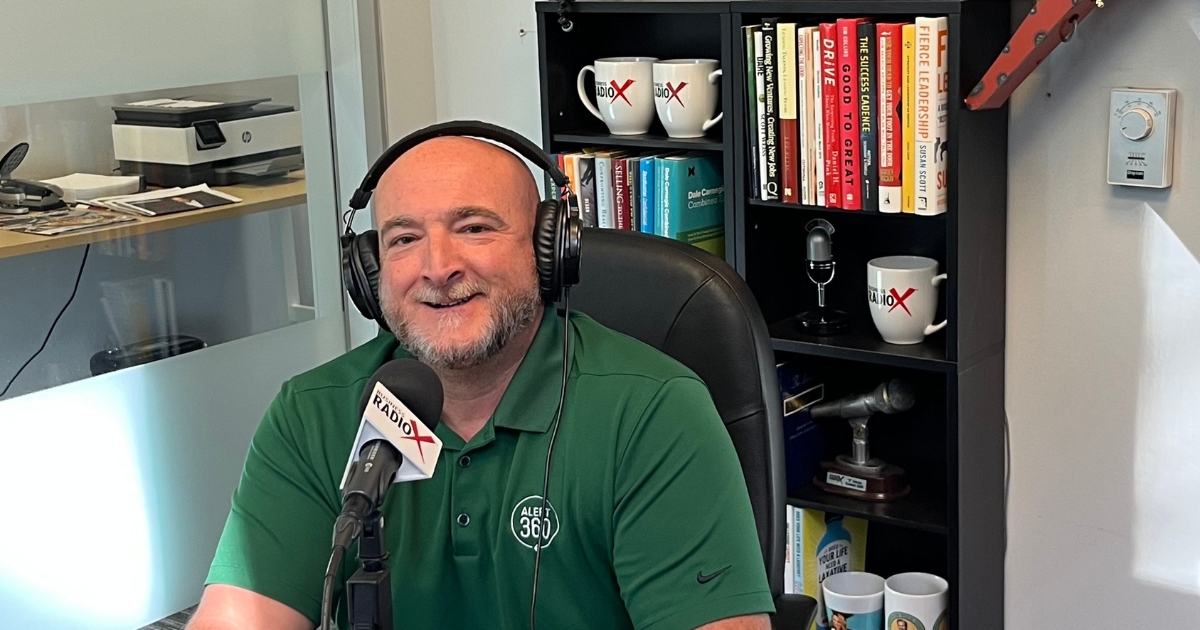
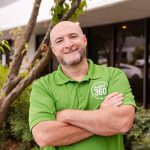 Matt Harvey is a Dunwoody, GA resident and a native Georgian. He’s a 30 year Atlanta security industry veteran.
Matt Harvey is a Dunwoody, GA resident and a native Georgian. He’s a 30 year Atlanta security industry veteran.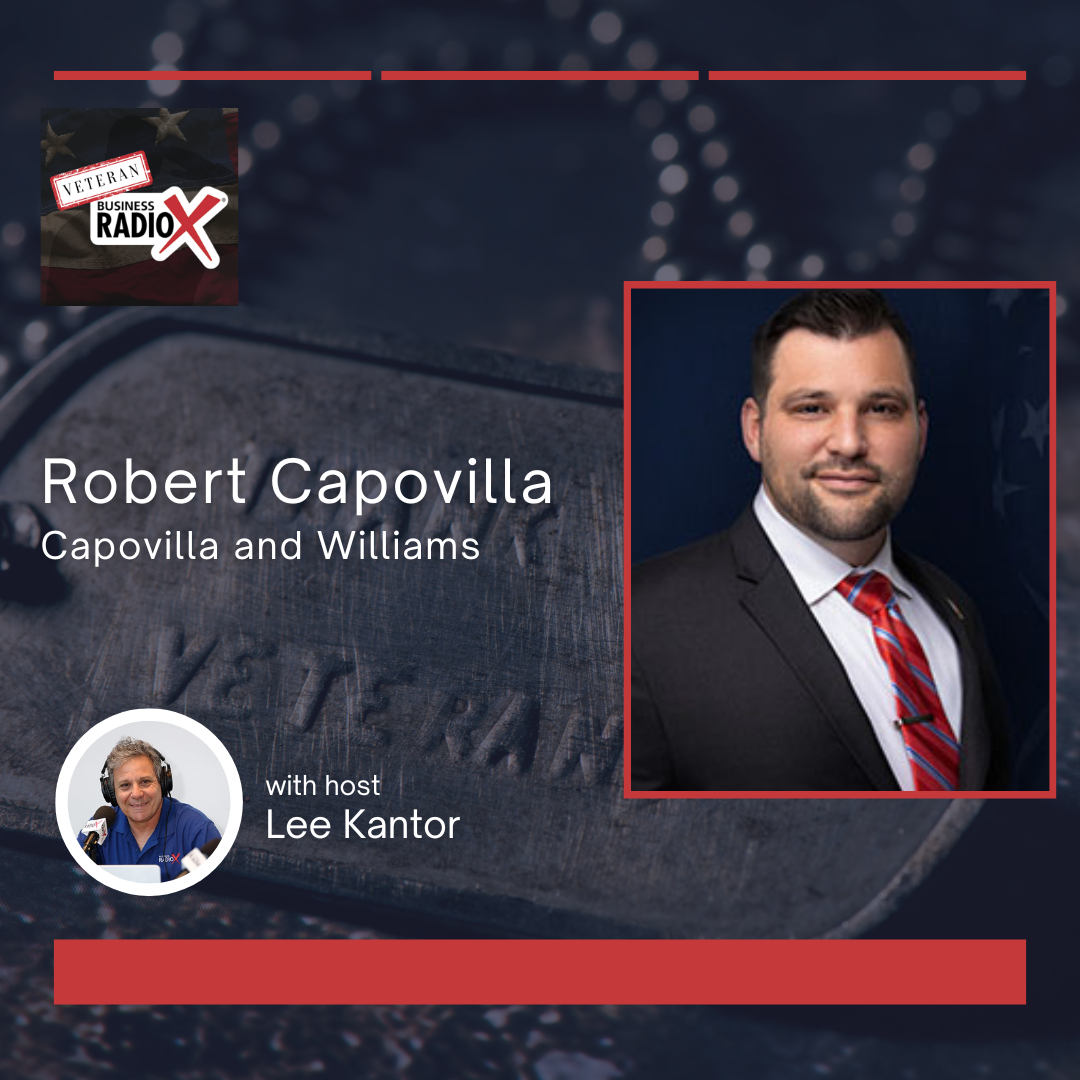
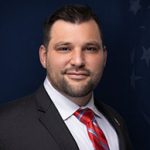 Robert Capovilla
Robert Capovilla













